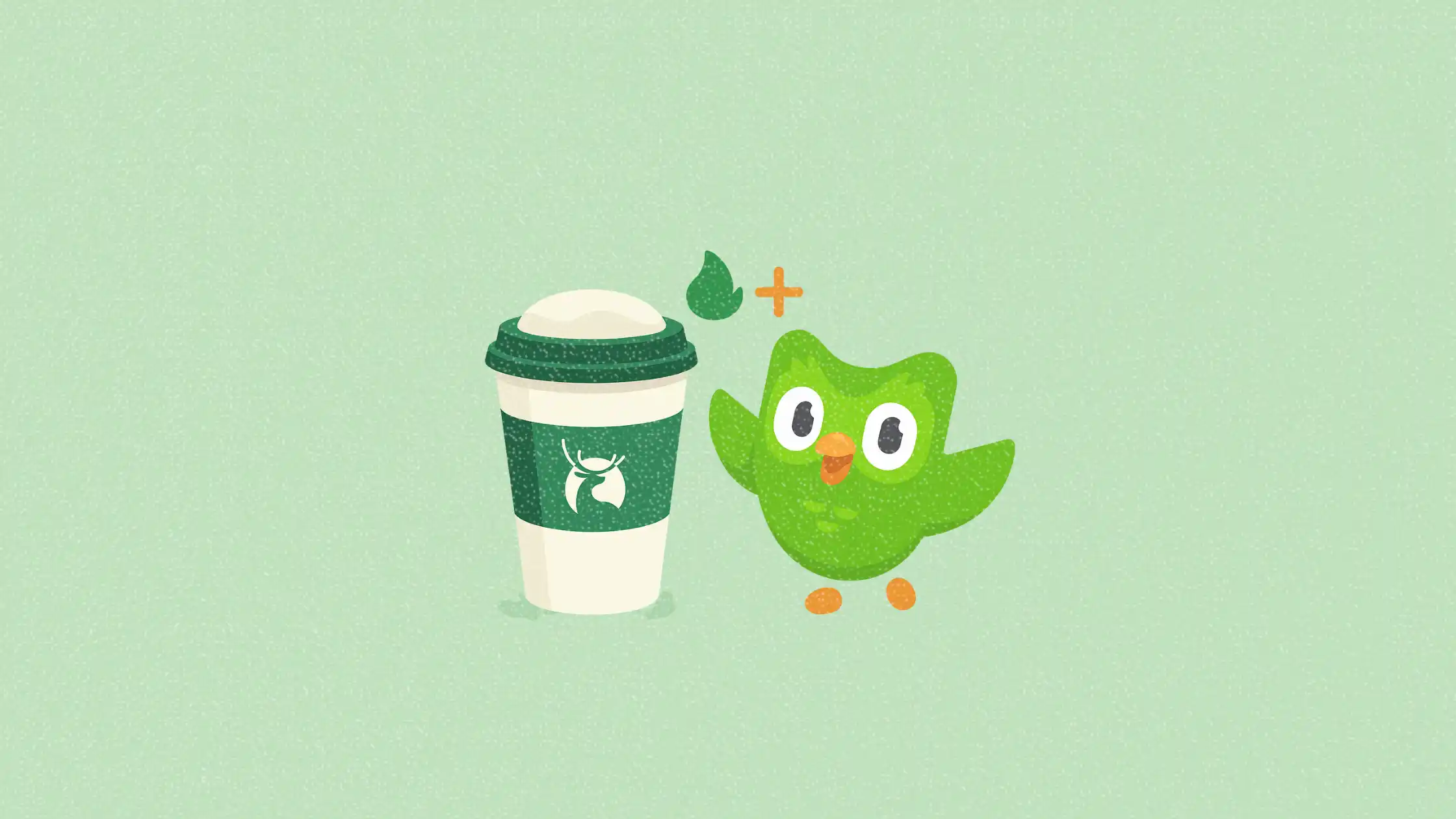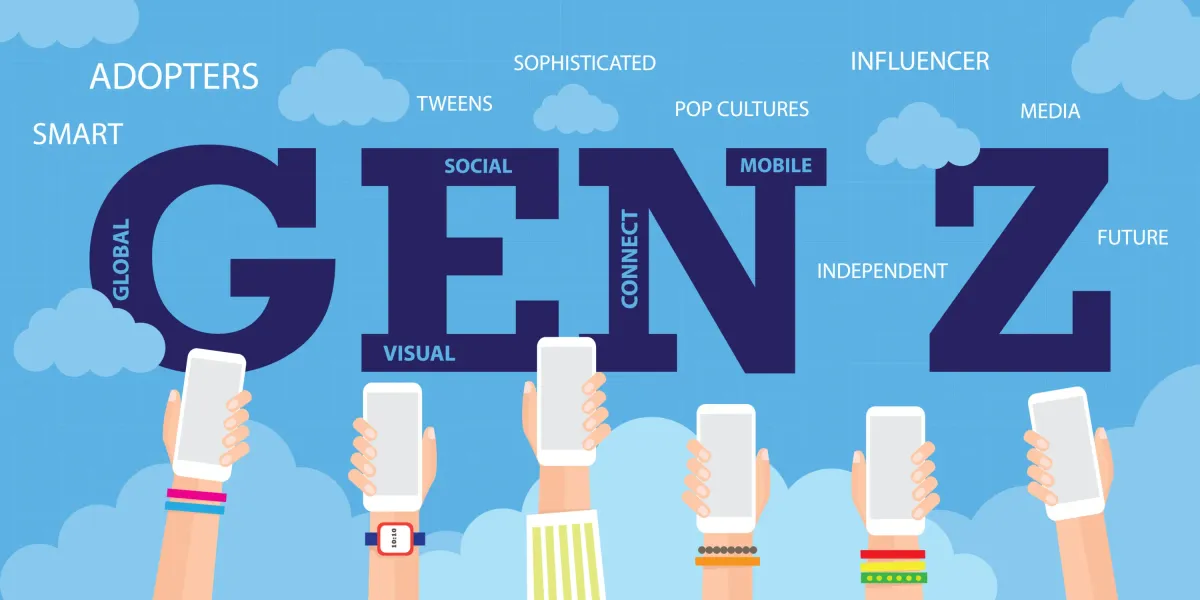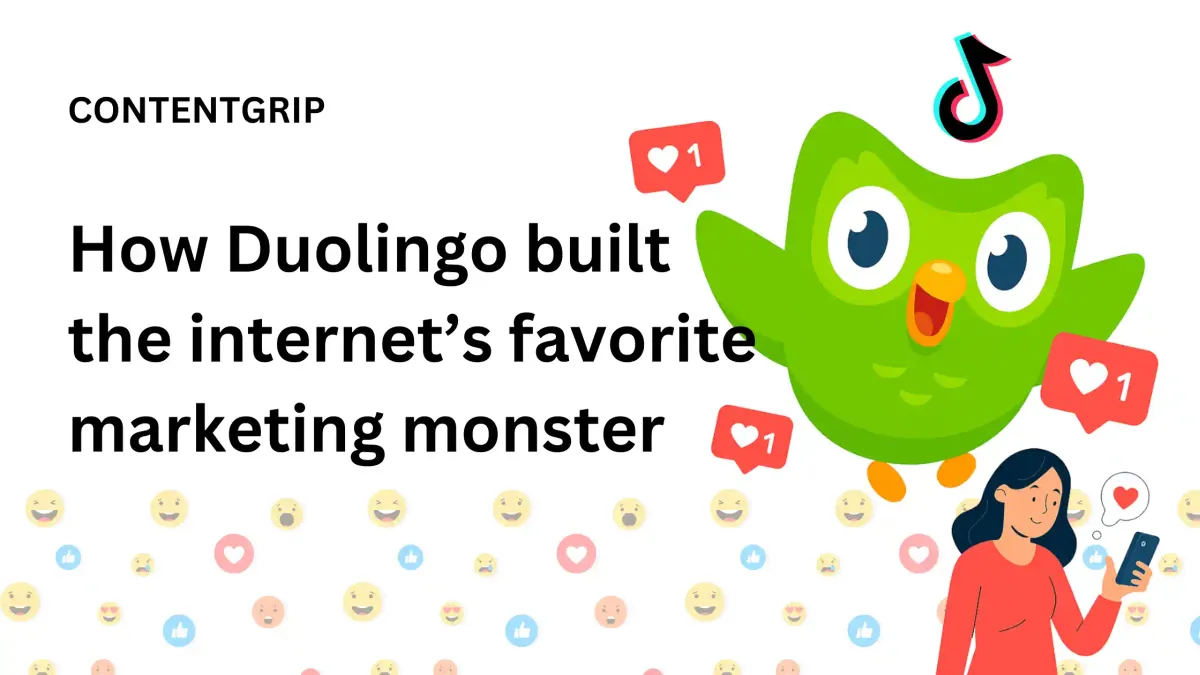Duolingo and Luckin Coffee mix streaks and sips in Singapore collab
Duolingo and Luckin Coffee team up with a cheeky latte collab—here’s why it works

Language-learning app Duolingo and coffee chain Luckin Coffee have joined forces in Singapore with a co-branded campaign that puts both flavor and fandom front and center.
The limited-time collaboration, launched on 7 July, introduces a Pandan Coconut Latte, gamified merchandise, and a dose of playful social teasing.
This article explores how the two brands are leveraging their identities—Duolingo’s irreverent streak-based culture and Luckin’s coffee-first retail strategy—to engage Singapore’s millennial and Gen Z audiences. It’s not just a quirky collab. It’s a smart move in brand synergy and physical-digital crossover.
Short on time?
Here is a table of content for quick access:
- What happened: a recap of the campaign
- Why this matters: from meme marketing to physical retail
- What marketers should know

What happened: a recap of the campaign
The campaign teased its launch with a series of Instagram posts beginning 5 July, starting with Duolingo’s mascot Duo peeking out of a coffee cup alongside the caption: “Looking to boost your streak?” The nod to Duolingo’s addictive learning mechanic was followed by ingredient-themed teasers and user polls.
On 7 July, the Pandan Coconut Latte was officially unveiled—a cold espresso blend infused with coconut cream and pandan, ingredients familiar to Southeast Asian palates. Described by Luckin as a drink to “perk up both the mind and the palate,” the launch was paired with branded merch like Duolingo-themed cup sleeves, sticker sheets, and collectible paper bags.
Buyers who purchase two drinks can redeem a limited “coffee chat” sticker pack while stocks last, tapping into the kind of scarcity marketing that drives offline engagement for digital-first brands.

Why this matters
For Duolingo, the partnership isn’t just about cute cups. It marks yet another instance of the brand translating its online persona into real-world experiences. From killing off its mascot to sending it on Love Island US, Duolingo’s approach to brand building is consistently off-script—and unapologetically Gen Z.

Earlier this year, the company wiped its socials for an AI-themed narrative arc, handing control to a chaotic “rogue owl” and announcing its pivot to an “AI-first” strategy. But even as global sentiment around this move remains split (with 41.1% of global social mentions skewing negative, according to CARMA), Duolingo’s physical brand activations seem to be striking a more universally positive note .
Pairing with Luckin Coffee, a brand that thrives on speed, localization, and product churn, provides a stage for Duolingo to stretch its brand elasticity without veering into gimmick territory. It’s a coffee-fueled experiment in cultural relevance—and one that positions both players favorably in the eyes of marketers and media-watchers alike.
What marketers should know
Here’s why this collab isn’t just cute—it’s commercially and strategically interesting:
1. This is physical-digital synergy done right
Instead of generic co-branding, both Duolingo and Luckin rooted the campaign in core user behavior: daily streaks and daily coffee runs. The merch acts as a physical reinforcement of digital habits, adding collectible value without overcomplicating the offer.
2. Gamification is baked into the merch mechanic
Offering a “streak reward” in the form of sticker sets drives repeat purchase behavior. It’s simple, but it echoes Duolingo’s core UX—rewarding consistency, even in your caffeine choices.
3. It builds audience affinity through humor and locality
Singapore-exclusive flavors and culturally relevant ingredients like pandan and coconut help localize the experience, while Duo’s sassy personality translates smoothly to coffee cup format. Marketers looking to regionalize brand partnerships should take note.
4. It softens recent AI backlash with something tangible
Following backlash over Duolingo’s AI-first strategy and concerns around transparency, this campaign delivers levity. For a brand known for digital drama, a lighthearted coffee collab helps recalibrate public perception without requiring a formal PR reset.
Not every brand can pull off a talking owl on a latte. But Duolingo and Luckin Coffee’s partnership is a blueprint for how digital brands can show up in physical space—with humor, purpose, and merch that actually makes sense.
As the line between app and IRL continues to blur, marketers should watch for more of these product-meets-platform collabs. Done well, they turn casual consumers into loyalists—and memes into memorable campaigns.






